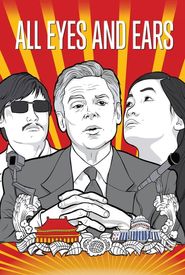Zhou Enlai, a truly extraordinary individual who would leave an indelible mark on the world stage, was born on March 5th, 1898, a date that would set the course for a life of remarkable achievements and significant contributions to the world of politics and leadership.
Throughout his illustrious career, Zhou Enlai would go on to play a pivotal role in shaping the course of modern Chinese history, serving as the Premier of the People's Republic of China for an astonishing 26 years, from October 1949 until his untimely passing on January 8th, 1976.
During his tenure as Premier, Zhou Enlai would work closely with the visionary leadership of Chairman Mao Zedong, serving as a trusted advisor and confidant, and playing a key role in implementing the Chairman's ambitious plans for the development and modernization of China.
As Premier, Zhou Enlai would be instrumental in shaping China's foreign policy, navigating the complex web of international relations, and building strong diplomatic ties with countries around the world. He would also be a key figure in the country's economic development, implementing policies aimed at promoting industrialization and modernization.
Despite his many accomplishments, Zhou Enlai's life would not be without its challenges and controversies. He would face numerous challenges during his time as Premier, including the Great Leap Forward, a catastrophic economic and social experiment that would have devastating consequences for the Chinese people.
Despite these challenges, Zhou Enlai would remain a respected and beloved figure in Chinese politics, known for his wisdom, his integrity, and his unwavering commitment to the people of China. His legacy would continue to shape the country long after his passing, and he would remain one of the most important and influential figures in Chinese history.
Zhou Enlai, a prominent figure within the Communist Party, significantly contributed to the party's rise to prominence, subsequently devoting himself to solidifying its grip on power, skillfully crafting a foreign policy that would profoundly impact China's global relationships, and driving the country's economic growth and development.



















